A GMO is a plant developed through a process in which a copy of a desired gene or section of genetic material from one plant or organism, such as the ability to use water more efficiently, is placed in another plant.
The Cartagena Protocol on Biosafety to the Convention on Biological Diversity is an international agreement on biosafety as a supplement to the Convention on Biological Diversity effective since 2003. The Biosafety Protocol seeks to protect biological diversity from the potential risks posed by genetically modified organisms resulting from modern biotechnology.
The Biosafety Protocol makes clear that products from new technologies must be based on the precautionary principle and allow developing nations to balance public health against economic benefits. It will for example let countries ban imports of a genetically modified organisms if they feel there is not enough scientific evidence that the product is safe and requires exporters to label shipments containing genetically altered commodities such as corn or cotton.
The USDA has been keeping updated data on the percentage of which top U.S. crops are genetically-engineered—including the number one farm crop, corn. For the last five years, all but two to three percent of American corn is genetically-engineered for insect resistance or herbicide tolerance (or both, as in almost ninety percent of all corn).
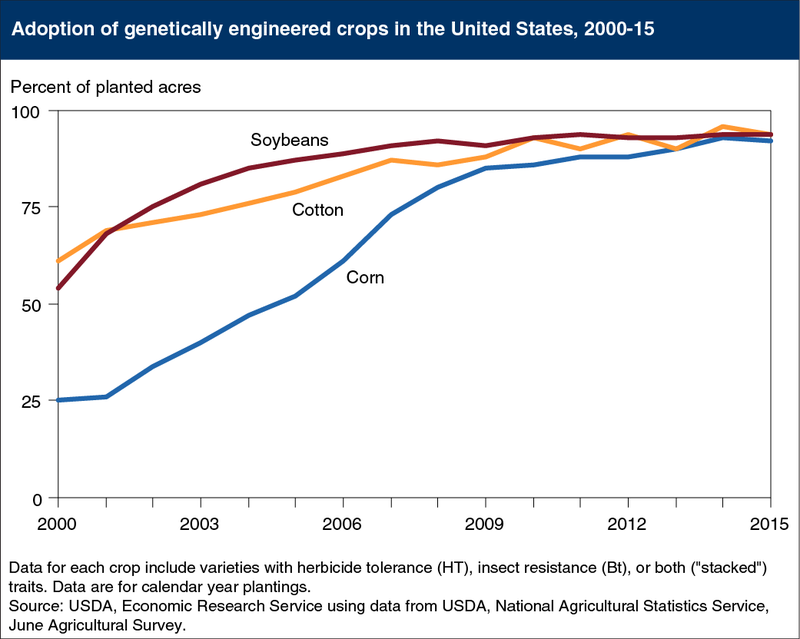
Hybridization is a form of Genetic modification that has been there for thousands of years.
GMO in cattle feed
Europe’s cows, pigs, and chickens are eating GMOs: their feed usually contains ingredients made from genetically modified plants. In addition, animal feed often has additives and enzymes that are produced with genetically modified microorganisms. Although GM animal feed must be labelled, the end products of animal production like milk, eggs, and meat do not require labelling.
It has been a long time since the EU Member States have been self-sufficient when it comes to producing animal feed. Without importing feed, the EU would have to cut back on meat, dairy, and egg production. The ban on using animal parts in feed brought on by the BSE crisis (mad cow disease) has heightened Europe’s dependence on foreign imports.
Soy is extremely important as a relatively inexpensive source of protein and oil. Soy meal is the single most important animal feed in the EU, accounting for 55 percent of protein-rich animal feed.
Other important animal feeds imported into Europe include maize, rapeseed, cottonseed, wheat, rye, and oats.
There are currently 9 crops commercially available from GMO seeds:
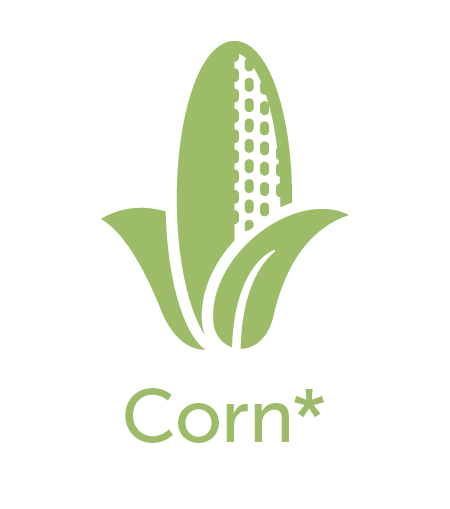
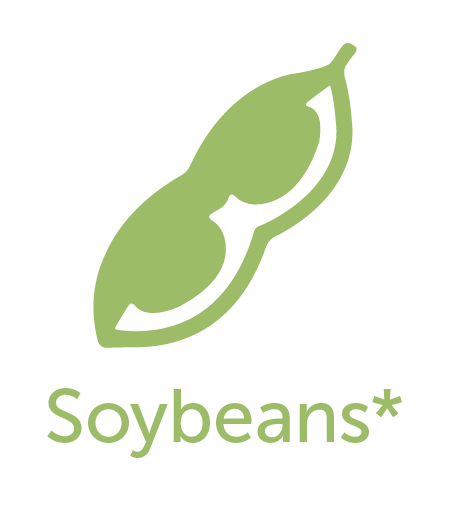
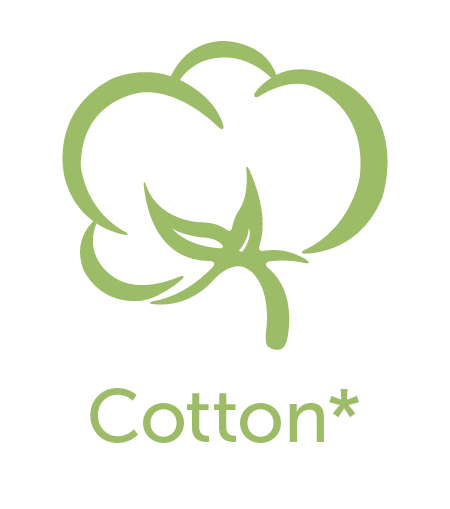
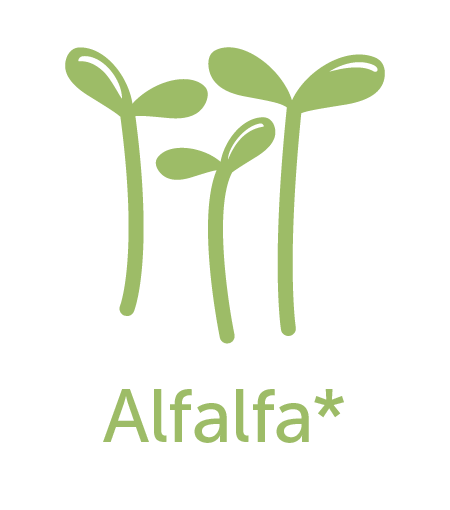
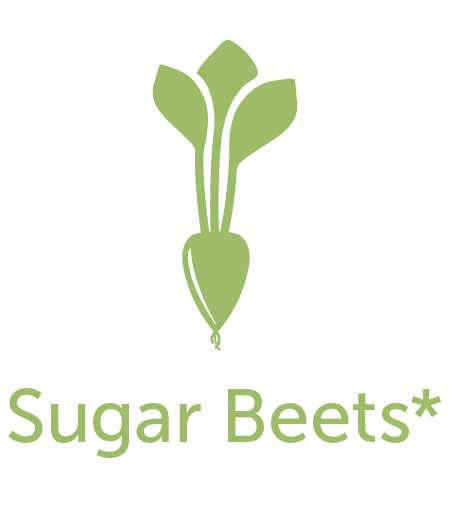
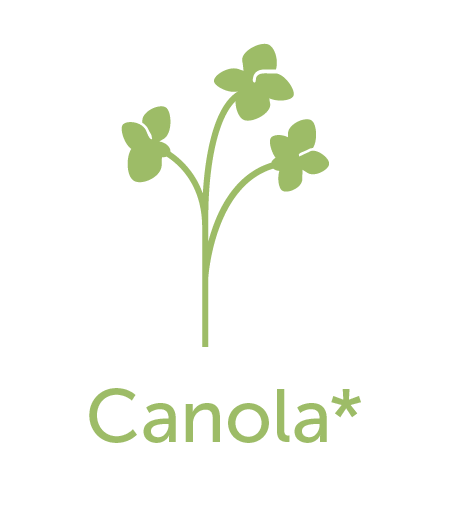
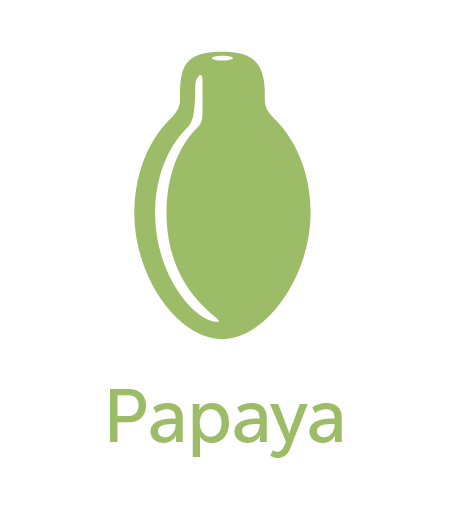
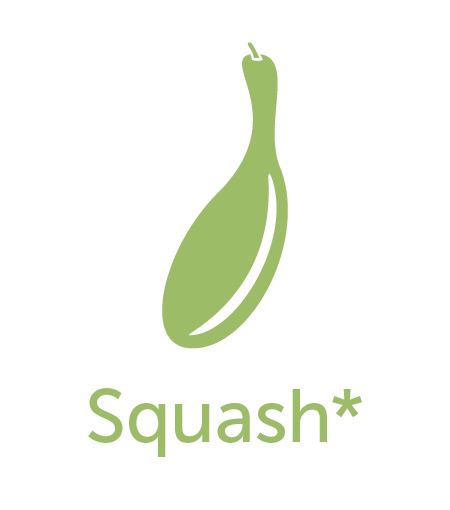
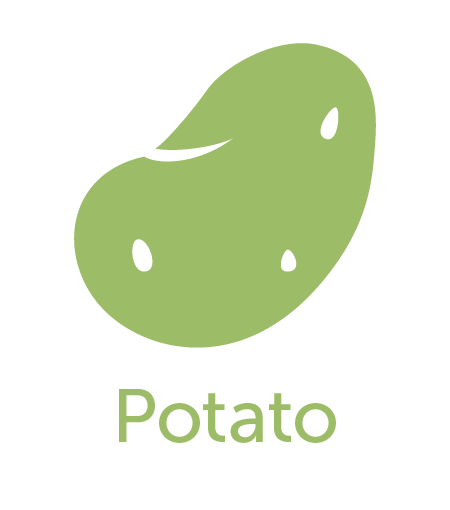
- For more details visit: http://www.ers.usda.gov/data-products/adoption-of-genetically-engineered-crops-in-the-us.aspx
